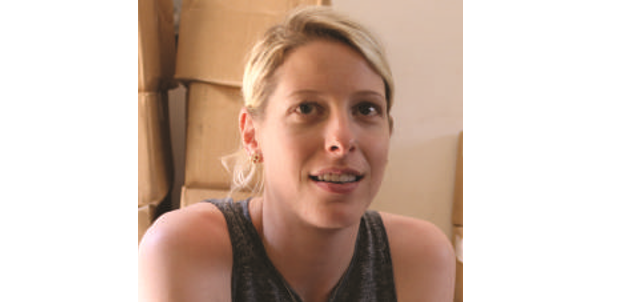
Kaduru says this model was later changed to recruiting girls who have dropped out of school between 14 and 22 years, taking them through a six months curriculum of entrepreneurship, life skills, reproductive health and how to manage profit and loss in their savings groups.
“We now give them land, seedling, and all inputs but they are required to sign a contract to sell us their fruit as the income goes back to them,” she says, adding that the company also works with community members who offer land for leasing to grow the passion fruits.
The company buys the fruits at Shs 2000 and Shs 2500 per kg from the girls and sells it at about Shs 4000 per Kg to wholesalers and hoteliers in Kampala. About two tons of fruit are harvested from the farm in addition to three tones from the girls’ farms.
It is now employing 42 permanent staff with seasonal workers usually hired in the rainy season. Kaduru says they are considering venturing into value addition to reduce the seasonal risks involved.
Counterfeit agro-chemicals a threat to the production
Five years down the road, the passion fruit business goes without challenges. Rebecca says the biggest challenge concerns fake chemicals and pesticides that are imported into the country.
“We are fortunate to have cash resources that can permit us import from Kenya,” she says wondering how rural farmers who are not sensitized about genuine inputs and cannot afford to import from Kenya can do to sustainably practice commercial agriculture in this kind of environment.
Success tips; start small and learn from smaller mistakes
Rebecca advises prospective entrepreneurs to start small, mess up with the little than messing up the big capital.
“A lot of other people are afraid to jump into entrepreneurship because they want to raise millions of dollars.” she says. “By starting small, we made a lot of mistakes from which we drew lessons.”
****
editor@independent.co.ug
 The Independent Uganda: You get the Truth we Pay the Price
The Independent Uganda: You get the Truth we Pay the Price


